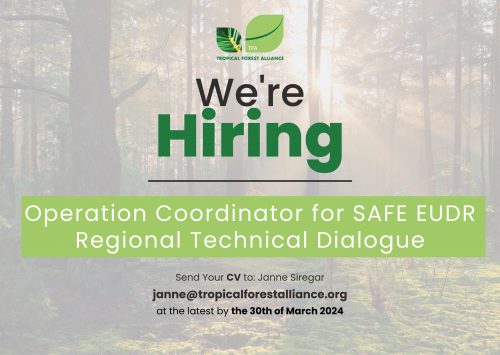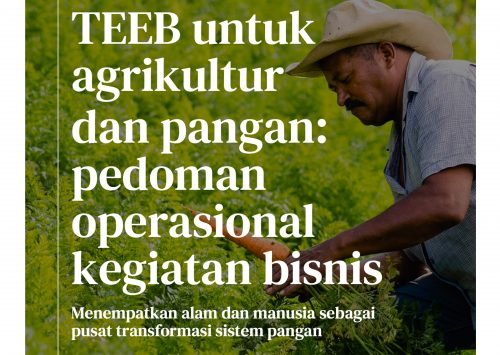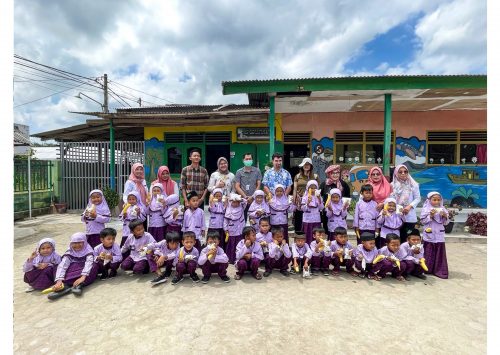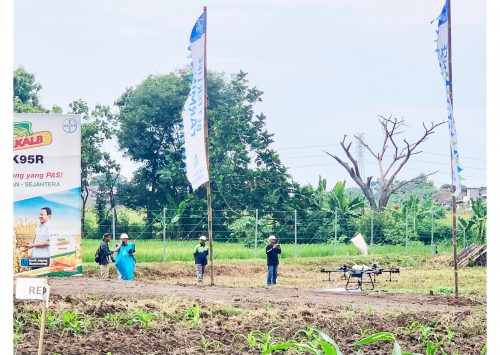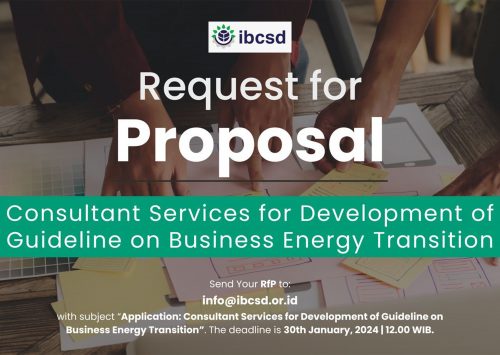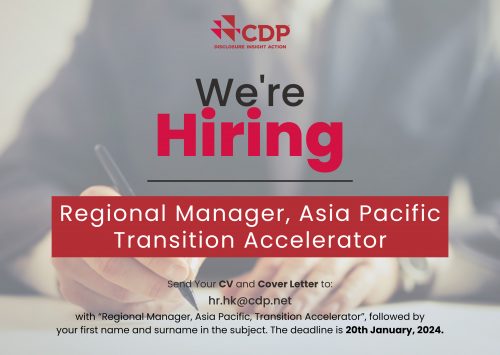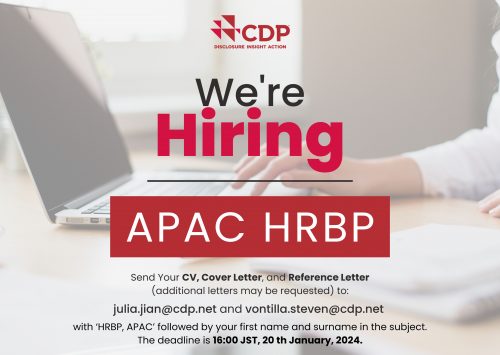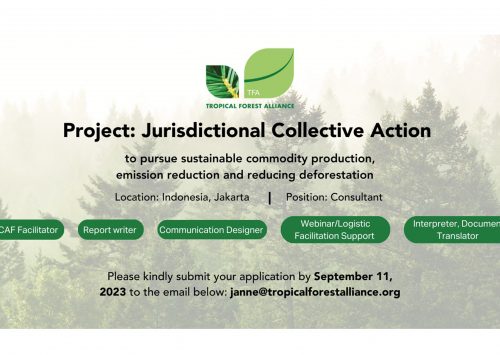As an effort in the sustainable development economy as well as encouraging the application of circular processing of plastic and packaging waste in the private sector, the Indonesia Business Council for Sustainable Development (IBCSD) and the WWF Indonesia Foundation held a “Circular Business Model for Responsible Plastic Waste Management” Webinar on Tuesday, November 9, 2021.
“The purpose of this event is to strengthen and support the synergy of multi-stakeholder collaboration. Plastic waste dependency and mismanagement pollute both the land and the water. Packaging waste is the producer’s duty, both directly and indirectly. The Minister of Environment and Forestry Regulation No. 75 of 2019 specifies that businesses need to re-examine the pre-to-post-production process to reduce waste by 30% by 2029. Businesses should begin to use the 5R Principles (reduce, reuse, recycle, recover, and repair) as a circular economy strategy to optimize the product value chain. I hope that this webinar will encourage businesses to adopt the Extended Producer Responsibility (EPR) implementation” said Djoni Wesida, Executive Committee Member of the IBCSD as his opening remarks.
The Deputy Secretary for Environmental and Forestry Management Coordination, Coordinating Ministry for Maritime Affairs and Investment, Dirhansyah Conbul, also realizes that our awareness towards responsible waste management and support of multi-stakeholders are the main focus of efforts that have been made by the government. “The MoEF Regulations No. 75 of 2019 covers Extended Producer Responsibility (EPR) policy which creates a market mechanism for producers to collaborate with recycling facilities, waste bank managers, or nearby facilities and agencies to reduce the cost of waste management infrastructure and recycling mechanisms. The government is now working on ten waste management sites using Refuse-Derived Fuel (RDF) technology to accelerate waste reduction. Hopefully, unique ideas may be implemented into future collaborative projects as a result of this webinar.”
This online webinar involves governments, businesses, associations, and communities to discuss strategies and action plans to reduce waste. It also discusses the role of producer in the transition to a circular economy with the adoption of EPR, changing the people behavior in perceiving waste management as well as opportunities, challenges, and innovative solutions for Indonesia to adopt a circular business model. Other speakers were present during the discussion; Jazlyn Lee, Regional Coordinator of SEA WWF Malaysia; Hidayah Hamzah, National Plastic Action Partnership (NPAP) Manager, WRI Indonesia; Annisa Paramita, Secretary-General, Indonesia Packaging Recovery Organization (IPRO); and Awadhesh Singh, Head of Technology Flexible Packaging, SEA-North Siegwerk.
“Through the implementation of EPR, companies can take responsibility for extending product life with an upstream to downstream approach. Ensuring EPR as a stable financing tool can improve waste management as well as recycling capacity. In this case, WWF supports collaboration on the design of the short, medium, and long term implementation of the product and packaging business system inclusion scheme, consumers, and relevant organizational alliances”, said Jazlyn Lee.
NPAP that was represented by Hidayah also stated that NPAP has launched the Behavior Change Roadmap through education to millennials, rural area communities, and businesses through social media, schools, facilitators, communities, and religious groups approaches to encourage changes in the perspective of people who are responsible for waste. Due to a lack of regulatory information, recycling facility infrastructure, and incentives, the public is unaware of the negative effects of plastic consumption.
Annisa from IPRO further added, to ensure the success of the circularity pilot project in Bali and East Java, IPRO implemented strategies to find a second life for plastic waste as a form of process, input, and output. IPRO distributes contributions from three aggregator member firms to guarantee that recycling is compliant, traceable, and putting a focus towards social, economic, and category balance, as well as providing intensification assistance.
Head of Technology Flexible Packaging, SEA-North Siegwerk, Awadhesh Singh said, Siegwerk is an enabler of safe and circular plastic systems. “We are trying to create circularity with Design 4 Recycle. We innovate closed-loop recycle plastic waste through high quality application of mono-layered plastic or single-use recycle, encouraging a de-inking system for plastic packaging, and packaging products that can be composted.”
The Indonesia Business Council for Sustainable Development (IBCSD), an association led by a CEO who shares a commitment to promoting sustainable development and a circular economy, has developed a Green Lifestyle program to facilitate an inclusive coordination process among various actors in accelerating collaborative business actions towards Sustainable Consumption and Production (SCP) in line with SDG 12. The Green Lifestyle Program has established a Plastic & Packaging Working Group that gathers all relevant stakeholders and promotes actions to realize SCP in the plastics and packaging industry. Through this webinar and future collaborations, it is hoped to encourage the implementation of Extended Producer Responsibility (EPR) to achieve the goals of SDG 12.
For further the webinar video, please access https://rebrand.ly/RPWM2021
To download the material, please go through https://rebrand.ly/MatRPWM2021
